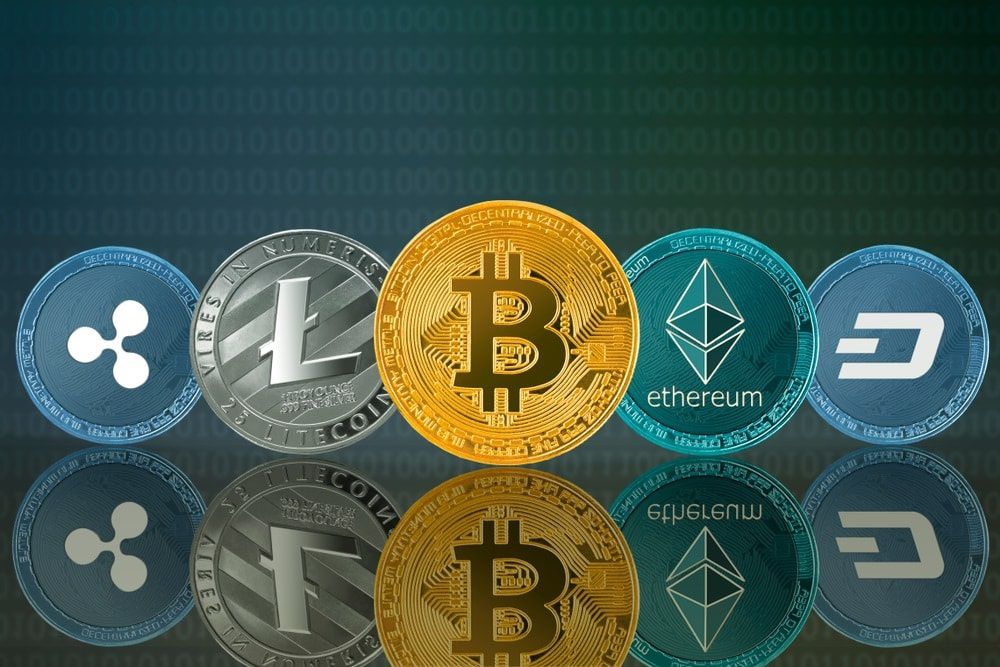The dark web, a shadowy corner of the internet accessible only through encrypted networks like Tor, harbors a thriving black market for illicit goods and services. Central to this ecosystem are services known as Abacus offerings, a term derived from the systematic and organized nature of their operations. These offerings underpin much of the transactional framework of the dark web, empowering its black market with sophisticated financial tools and infrastructure.
What Are Abacus Offerings?
Abacus offerings refer to a suite of services that facilitate illegal transactions on the dark web. These typically include cryptocurrency mixing services, escrow systems, marketplace platforms, and automated bots that streamline logistics. These tools serve as the backbone for black-market operations, providing anonymity, security, and efficiency for buyers and sellers alike.
Cryptocurrency Mixers: One of the foundational components of Abacus offerings, cryptocurrency mixers obscures the origin and destination of funds. By pooling transactions and redistributing them to recipients, these mixers make it nearly impossible to trace payments on blockchain networks like Bitcoin or Ethereum. This service is essential for maintaining the anonymity of both vendors and customers.
Escrow Systems: Trust is a rare commodity on the dark web, where participants are often dealing with complete strangers. Escrow services act as a middleman, holding funds until both parties fulfill their end of the bargain. These systems often rely on smart contracts and cryptocurrency wallets, ensuring transactions are automated and enforceable.
Marketplace Platforms: Abacus onion offerings also encompass fully functional e-commerce platforms tailored for illicit goods, ranging from drugs and counterfeit documents to hacking tools and firearms. These marketplaces provide search capabilities, user reviews, and customer support, mimicking legitimate online retailers but operating in an entirely unlawful domain.
Logistics Automation: Delivery of physical goods purchased on the dark web is a significant challenge, and automated tools play a crucial role. Abacus services include bots that manage order tracking, provide stealth packaging advice, and even guide vendors on exploiting weak points in legitimate courier systems.
Why They Thrive
The effectiveness of Abacus offerings lies in their ability to streamline complex criminal enterprises. They reduce risks for participants by enhancing anonymity and providing robust systems that mimic legitimate business practices. The rise of decentralized technologies, such as blockchain and cryptocurrencies, further fuels the proliferation of these services, making it harder for law enforcement to crack down on dark web activities. Abacus offerings exemplify the adaptability of dark web operatives, blending cutting-edge technology with illicit intent. Their evolution not only powers the black market but also underscores the need for stronger international collaboration and advanced technological tools to combat cybercrime effectively.


